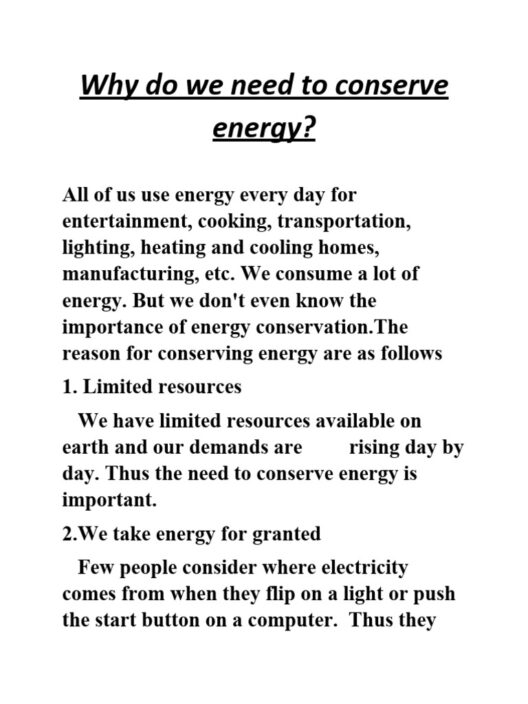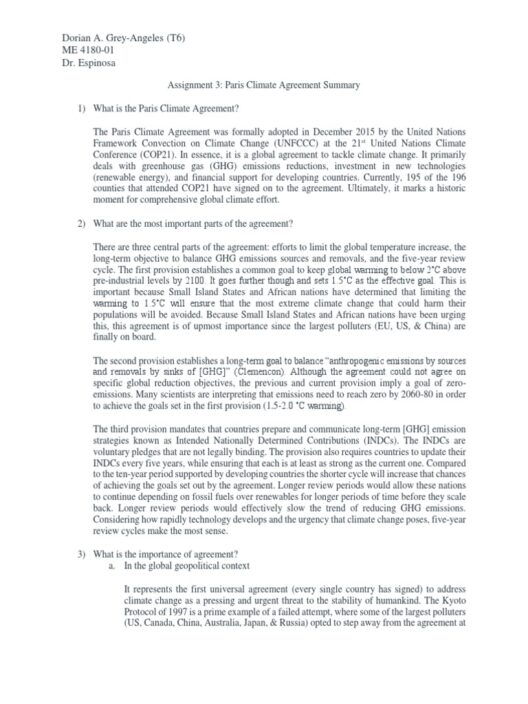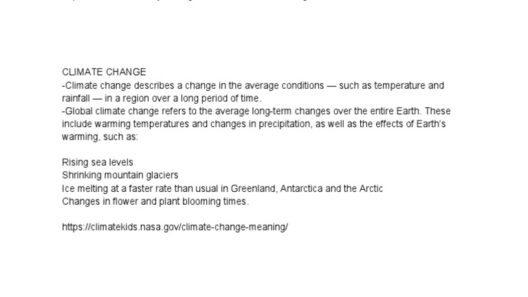Global warming is no longer a distant threat; it is a palpable crisis that demands immediate action. The urgent need to mitigate climate change has spurred countless conversations about the roles individuals can play in combating this global phenomenon. While large-scale policy changes and corporate accountability are pivotal, the power of personal choices should not be underestimated. Simple shifts in our daily habits can collectively forge a path toward a more sustainable future.
Embracing a sustainable lifestyle begins with understanding the extensive impacts of our choices on the environment. From the foods we consume to the means of transportation we utilize, every decision leaves a footprint. Thus, it becomes crucial to recognize how personal behaviors contribute to the overarching challenge of global warming. As we delve into this topic, let’s explore some impactful choices and their potential ripple effects.
Understanding Carbon Footprint: The Personal Connection
The term “carbon footprint” refers to the total amount of greenhouse gases emitted directly or indirectly by an individual, organization, or product, usually measured in units of carbon dioxide equivalents. When contemplating strategies to fight global warming, the first step is to evaluate your own carbon footprint. Most of us underestimate our individual contributions, but a deeper understanding can empower us to make informed decisions.
Every facet of life, from energy consumption in our homes to the fuel efficiency of our vehicles, contributes to this personal tally. For example, excessive use of electricity generated from fossil fuels significantly increases one’s carbon footprint. By conducting an energy audit of your home, you can identify and rectify areas of excessive consumption, perhaps opting for energy-efficient appliances or revisiting your heating and cooling habits.
Similarly, considering the transportation methods you choose can bring a monumental shift. Opting for public transport, carpooling, biking, or electric vehicles not only curtails your emissions, but it also reduces traffic congestion—a secondary benefit that confers further environmental advantages.
Mindful Eating: The Environmental Ripple Effect
What we eat resonates profoundly with the health of our planet. The agricultural industry accounts for a significant share of greenhouse gas emissions, largely due to livestock production and the expansive land and water resources required for conventional farming. Consequently, reevaluating dietary habits emerges as an impactful choice in the global fight against climate change.
Reducing meat and dairy consumption can lead to substantial emissions reductions. Plant-based diets exhibit a markedly lower carbon footprint compared to traditional meat-heavy meals, making vegetarian or vegan choices not merely a dietary preference but a crucial eco-friendly decision. Emphasizing local and seasonal produce is equally important—this not only minimizes emissions from transportation but also bolsters local economies, creating a virtuous cycle of sustainability.
It is also critical to consider food waste. Nearly one-third of all food produced globally is wasted, which translates into lost resources and exacerbates greenhouse gas emissions. By adopting strategies to reduce food waste—such as meal planning, composting, and mindful purchasing—individuals can make tangible contributions toward environmental stewardship.
Conscious Consumption: Rethinking Buying Habits
Every time consumers make purchases, they exercise a form of power that can influence market trends. This concept of conscious consumption urges individuals to reflect on the environmental ramifications of their purchasing habits. Products that are manufactured sustainably or that promote circular economies foster an eco-friendly marketplace.
When possible, selecting items that are durable, repairable, and recyclable must become a priority. Fast fashion, for example, is notorious for its significant contributions to waste and pollution. By choosing high-quality clothing that lasts and may be upcycled or recycled, consumers can shift the paradigm away from disposable culture towards sustainability.
Moreover, supporting businesses that prioritize sustainability and ethical sourcing directly impacts the global economy. By choosing to invest in companies that demonstrate a commitment to reducing their ecological footprint, consumers can instigate broader societal shifts and inspire other businesses to adopt similar practices.
Advocacy and Community Involvement: The Power of Collective Action
Individual efforts are certainly commendable, yet the potency of collective action should not be underestimated. Engaging in local environmental advocacy—whether through educational workshops, community clean-ups, or participating in climate marches—amplifies the message and mobilizes community awareness and involvement.
Pooling resources and ideas within a community can lead to innovative solutions for reducing energy usage, improving recycling programs, and promoting sustainable practices on a broader scale. Forming local networks dedicated to environmental stewardship not only fosters a supportive community but also magnifies the impact of individual actions.
Furthermore, advocating for policies that address climate change on a local, state, or national level can influence decision-makers. By reaching out to representatives and voicing your concerns, you can play a part in shaping the legislation that governs environmental protection and sustainability practices.
Final Reflections: The Call to Action
The journey toward combating global warming is formidable, yet it starts with each of us. Through mindful choices regarding energy, diet, consumption, and community involvement, individuals can incite meaningful change. The key lies in fostering an awareness of how personal decisions contribute to the larger narrative of climate change. Each small change, when multiplied by millions of individuals, can create an undeniable force for good. The time to act is now—transform your daily habits and inspire those around you to do the same. Together, we can forge a sustainable path for future generations.







